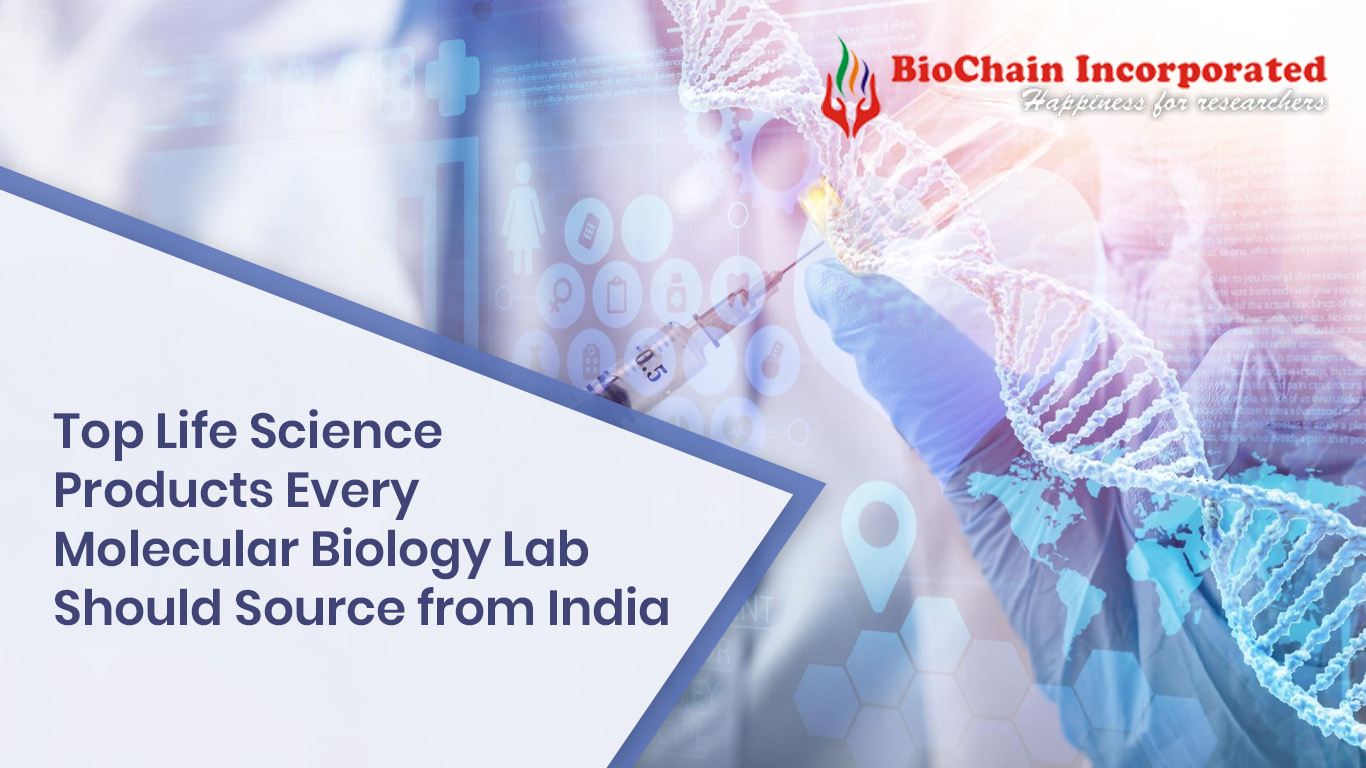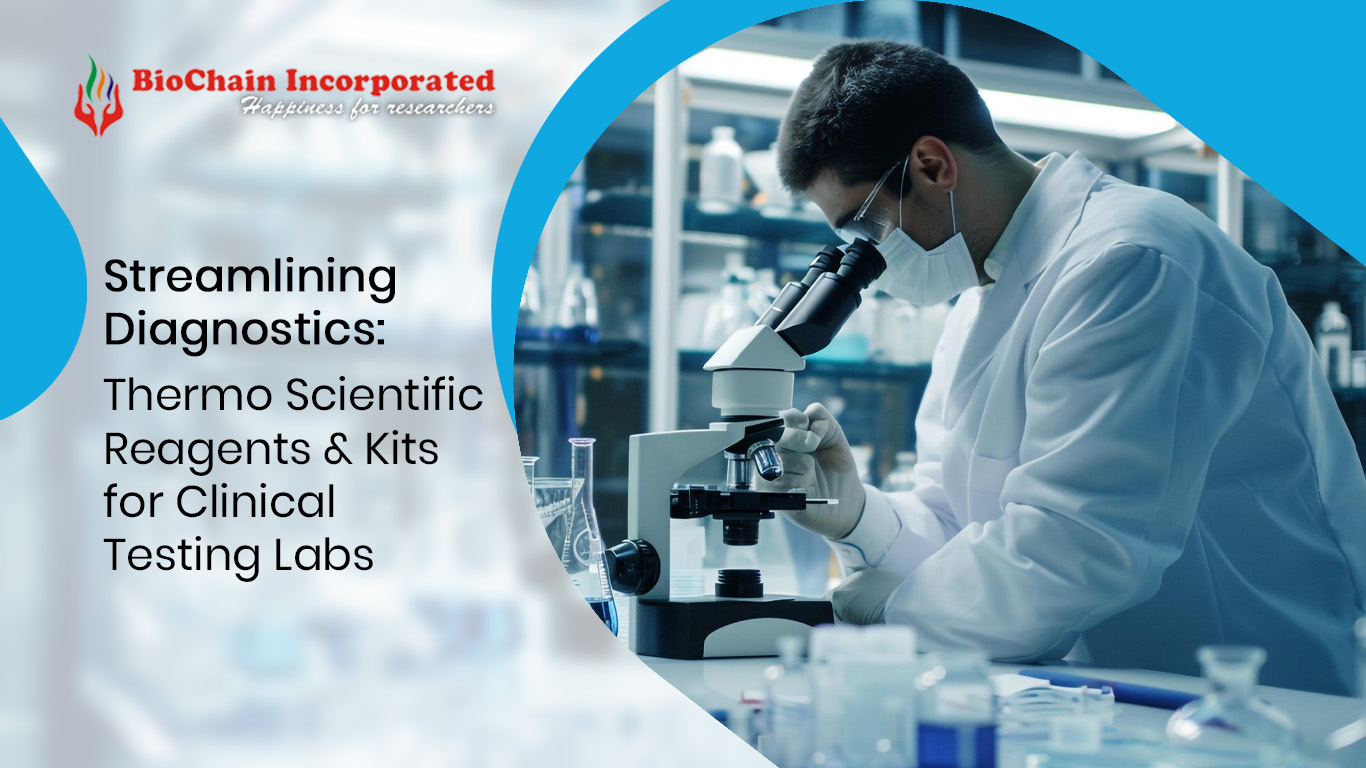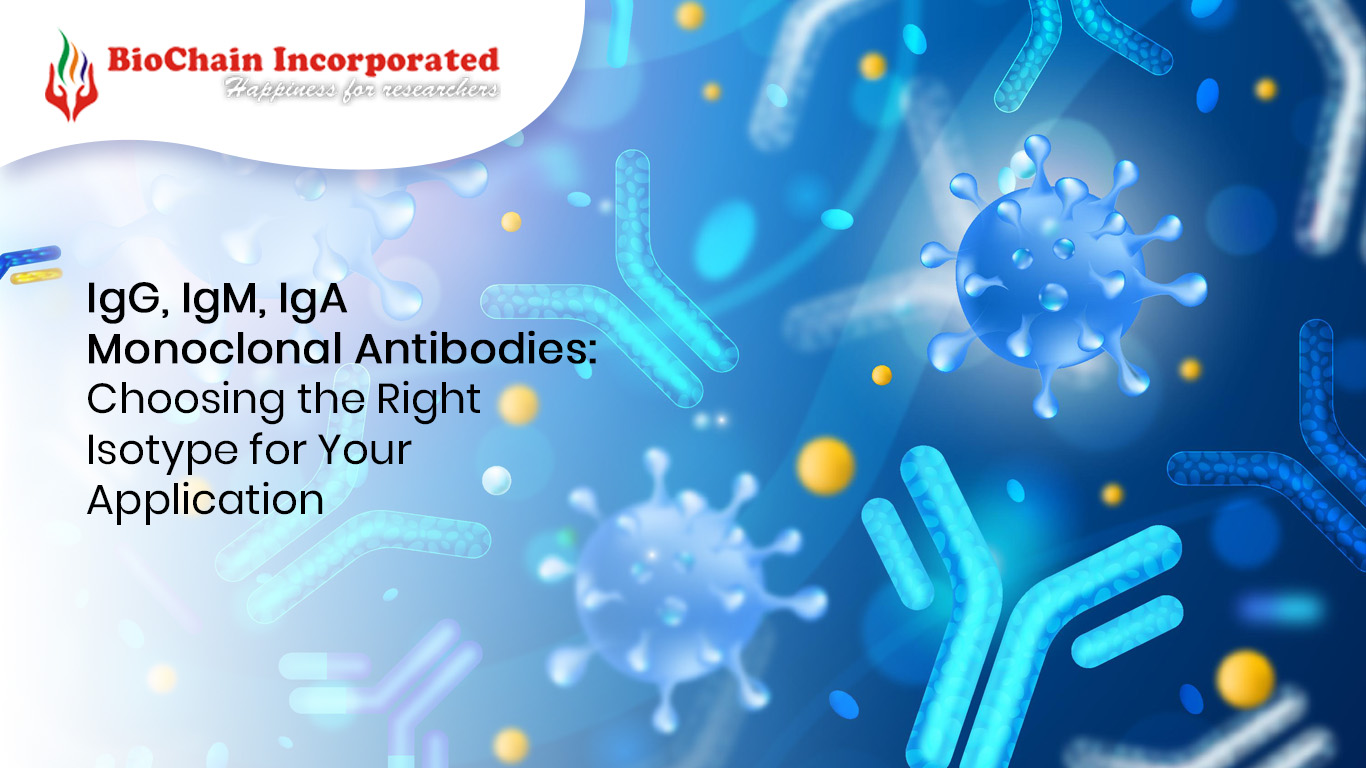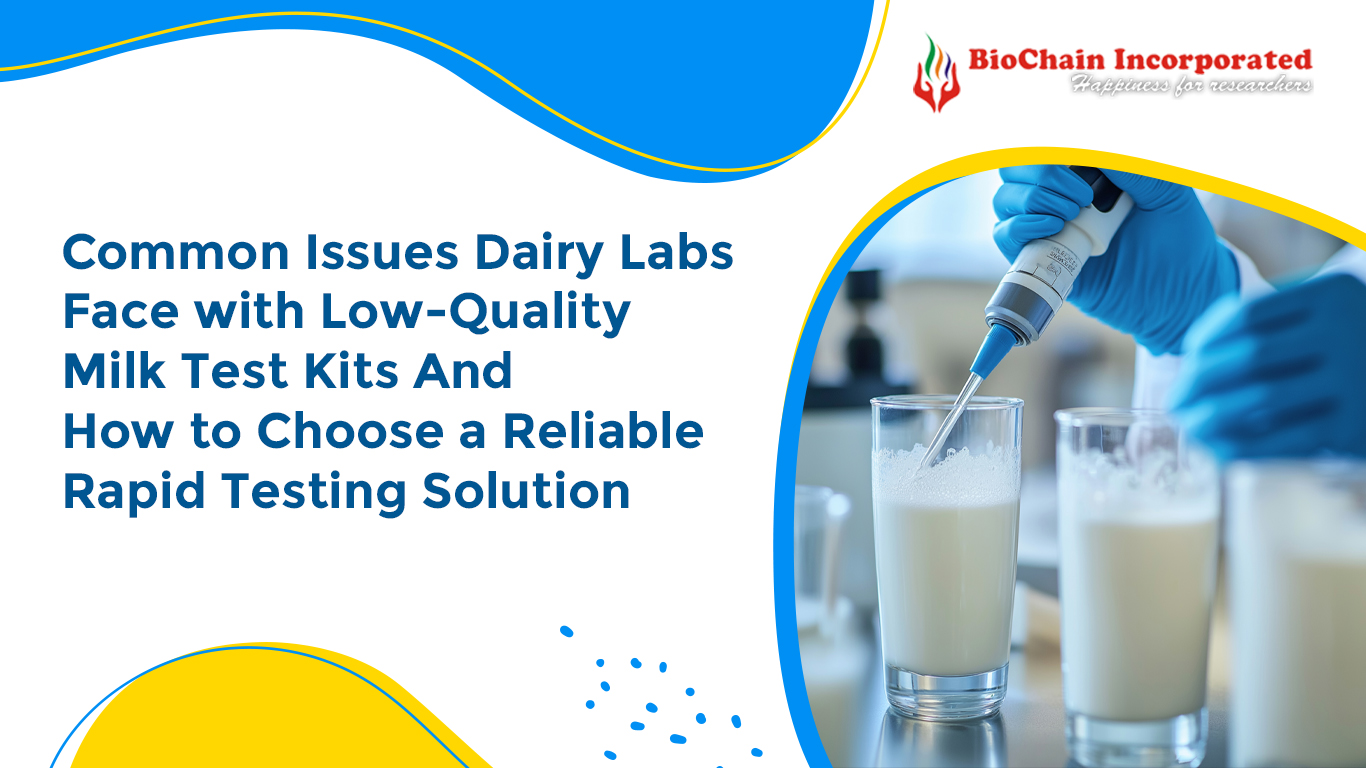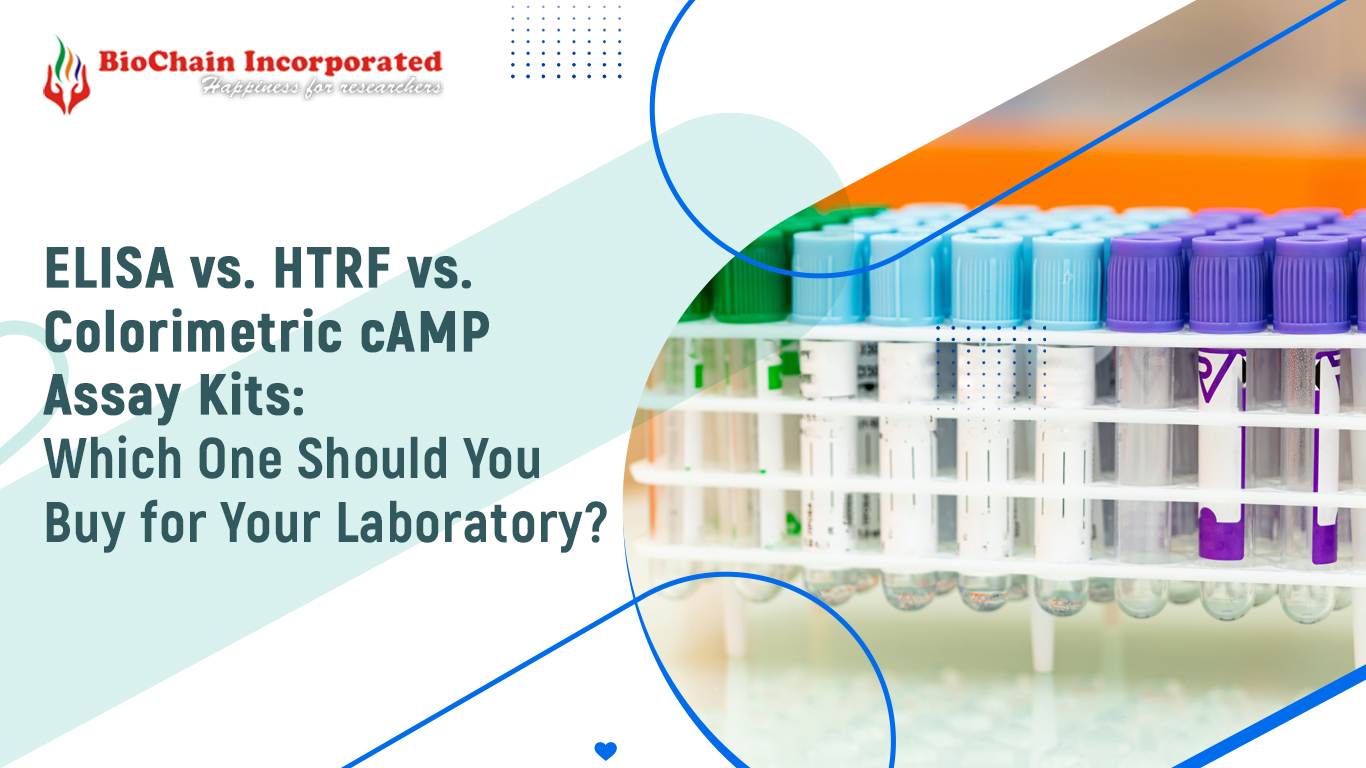Understanding Cell Lines: Types, Applications, and Best Practices for Researchers
Biomedical research uses cell lines as the basic tool to provide consistent and renewable models for research on cellular behavior, diseases, and drug responses. Establishing their status over the years of many breakthroughs in science, cell line suppliers in India have become vital in environmental and toxicology fields. The world-renowned manufacturer of life science products and technical services, Biochain, offers a wide range of the best cell lines available on the market that are suitable for the different demands of researchers.
Cell Lines' Varieties
- The three major classifications for cell lines are primary, immortalized, and genetically modified ones.
- Primary human cell lines are cell lines that have come from tissue directly and have most of the original cell's features but a limited life span.
- Immortalized cell lines, which are often genetically altered to no longer produce proteins involved in the aging process, are a source of undifferentiated cells that are continuously replicating.
- Genetically modified cell lines are cell lines that have been altered to either produce or not produce certain genes, and hence, they can be used by researchers to isolate the molecular pathways or to have disease-specific models in their research endeavors.
Biochain not only focuses on making choices for humans but also animals and, among them, uncommon and difficult-to-find types. Their collection contains, among other things, cancer cell lines, stem cells, and normal cells, human and animal tissues which are not only essential for comparative studies but also for the validation of biomarkers.
Use in Research Applications
You can see how many different fields use cell lines with purposes like:
- Cell lines play a major role in cancer research
- Cell lines perform the technique of screening drug effect and cytotoxicity which are the preliminary levels before drug can be moved to animals or human clinical trials.
- The study of the genetic and epigenetic alterations involved in cancer can be achieved using cell lines for CRISPR editing, RNA interference, and gene expression profiling.
BioChain supports these applications with fully authenticated cell lines, free from contamination and verified for identity through STR (Short Tandem Repeat) profiling.
Best Practices for Researchers
To ensure reproducible and reliable results, researchers should follow best practices when handling cell lines:
- Authentication: In order to avoid cross contamination of cell lines, make sure their identity is confirmed regularly.
- Mycoplasma testing: Routinely screen for contamination to prevent compromised data.
- Proper storage: Use cryopreservation protocols to maintain cell integrity over time.
Biochain Incorporated enhances research reliability by offering comprehensive documentation and quality control data for every cell line product.
As research demands grow, so does the need for reliable biological models. Biochain stands out among the countless cell line suppliers by offering high-quality, well-characterized cell lines, enabling researchers to conduct precise, reproducible, and impactful studies. With careful selection and handling of cell lines, scientists can continue to unlock the complexities of human biology and disease.





